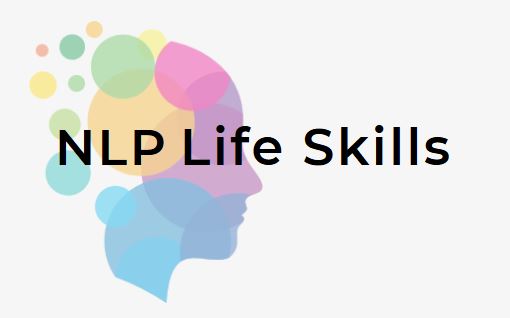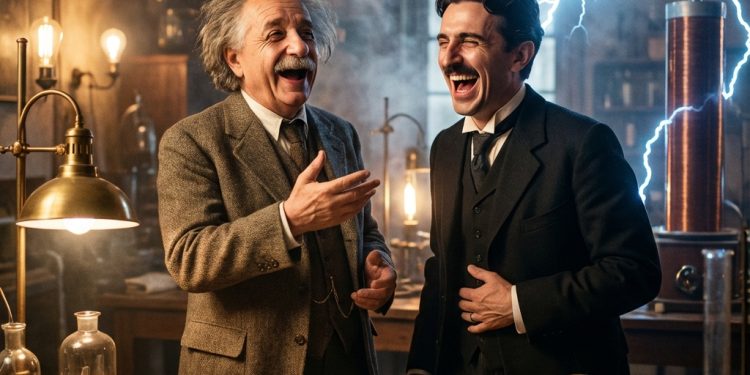Imagination isn’t childish. It isn’t optional. And it certainly isn’t a luxury reserved for artists or dreamers. For two of history’s most influential minds—Albert Einstein and Nikola Tesla—imagination was the core engine behind every discovery that reshaped our world.
Einstein famously said, “Imagination is more important than knowledge. For knowledge is limited, whereas imagination embraces the entire world.” To him, imagination wasn’t escapism—it was a scientific tool. He didn’t simply calculate his way into relativity; he imagined it. His thought experiments—riding alongside a beam of light or watching clocks tick at different speeds—allowed him to explore truths that had no mathematical framework yet. Numbers came later. Imagination came first.
Tesla took this even further. Rather than sketching prototypes or building crude models, he created entire machines in his mind. He ran them, tested them, refined them—all without touching a single piece of metal. Tesla’s imagination was so precise that he claimed he could diagnose mechanical problems simply by visualizing the machine in motion. When he finally built his inventions in the physical world—the induction motor, alternating current systems, wireless power concepts—they matched his mental designs with stunning accuracy.
Both men understood a truth most people forget: your imagination is your first technology. It’s the inner workshop where future realities are built.
In a world obsessed with data, logic, and “practicality,” imagination remains the overlooked superpower. It allows us to step outside of current limits, challenge accepted norms, and see beyond what already exists. Imagination bridges the gap between the seen and the unseen—between what is and what could be. It is the birthplace of innovation, art, transformation, and human progress.
Einstein’s imagination bent the fabric of spacetime. Tesla’s imagination lit up the modern world. But the principle they lived by applies to all of us: if you can imagine a future clearly enough, you can begin to create it.
You don’t need genius-level IQ. You don’t need rare opportunities or perfect circumstances. What you need is the courage to visualize boldly—and the discipline to bring those visions to life.
Because imagination isn’t fantasy.
It’s the blueprint of reality, waiting for someone brave enough to build it.




